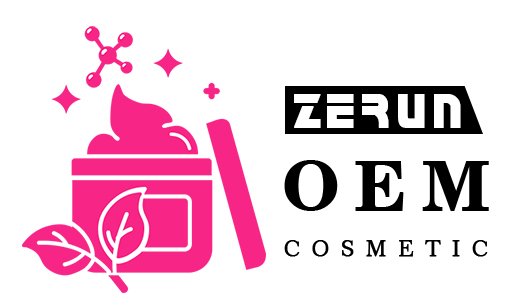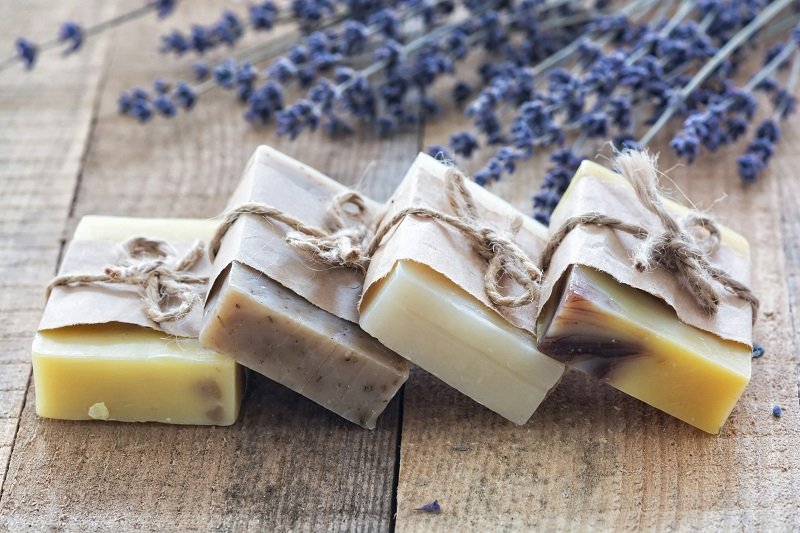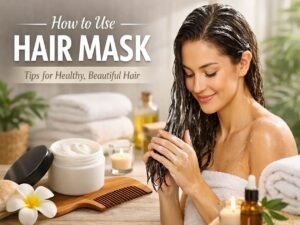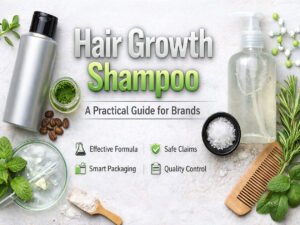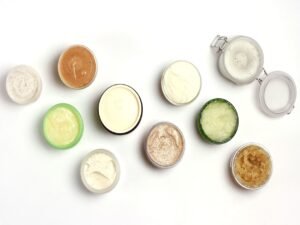Soap isn’t just soap anymore—it’s a handshake between your brand and eco-minded shoppers. USA natural soap makers pride themselves on plant-power, clear sourcing, and bar formulas you can actually pronounce.
Natural soap brand manufacturers in the USA create cleansers from sustainably sourced botanical oils (95%+ organic content), avoid synthetic sulfates and parabens, and back their claims with certifications like USDA Organic and Leaping Bunny. They also offer private-label and custom R&D services to help you launch a signature soap line.
What Defines a “Natural” Soap Brand Manufacturer in the USA?
Natural soap manufacturers in the USA rely on plant oils (olive, coconut, palm-free options), avoid petrochemicals, and follow eco-friendly processes like cold-process or melt-and-pour—with every batch lab-tested for purity.“Natural” often means ≥ 95% organic botanical content and zero synthetic surfactants.
Ingredient Purity and Botanical Sourcing
Natural soap artisans insist on raw materials that come straight from farms or co-ops—think cold-pressed extra-virgin olive oil, organic coconut oil, and sustainably harvested shea butter. Every oil carries its own fatty-acid profile (e.g. lauric acid for lather, oleic acid for conditioning), and top manufacturers test each lot for free fatty acids (< 0.5%) and peroxides to ensure freshness.
Eco-Friendly Production Techniques
- Cold-Process: Oils are mixed with lye at < 49 °C to preserve glycerin and delicate botanicals. Bars then cure 4–6 weeks, developing a stable pH around 9.
- Melt-and-Pour: Pre-saponified bases are melted, customized, and re-poured—finished bars cure in days but limit the addition of raw butters or clays.
- Water Usage & Waste: Leading makers recycle 80–90% of process water and compost plant trimmings, cutting landfill waste by half.
Certification and Labeling Standards
True “natural” artisans lean on third-party seals:
| Certification | Requirement | Why It Matters |
|---|---|---|
| USDA Organic | ≥ 95% organic ingredients | Validates farm-to-bar integrity |
| NSF/ANSI 305 | ≥ 70% organic content | Cosmetic-specific organic mark |
| Leaping Bunny | No animal testing at any stage | Guarantees cruelty-free claim |
| ISO 22716 (GMP) | Quality management systems | Ensures hygienic, repeatable mfg |
Beware of homemade badges or in-house “natural” seals—they don’t carry the same audit rigor.
Transparency and Traceability
A hallmark of top U.S. manufacturers is full supply-chain visibility. You’ll often scan a QR code on the box to see:
- Harvest date and origin farm for each oil
- Batch test results for microbial and heavy-metal safety
- Carbon-footprint estimate per bar
This level of traceability builds consumer trust and allows brands to tell a richer story.
Packaging & Sustainability
“Natural” doesn’t stop at the bar—packaging is part of the promise. Look for:
- Recycled paper wraps with soy-based inks
- Biodegradable film or compostable cartons
- Minimalist design to cut material waste
Some makers even offer a take-back program, collecting used cartons for fiber recycling.
How Do USA-Based Natural Soap Manufacturers Ensure Ingredient Quality?
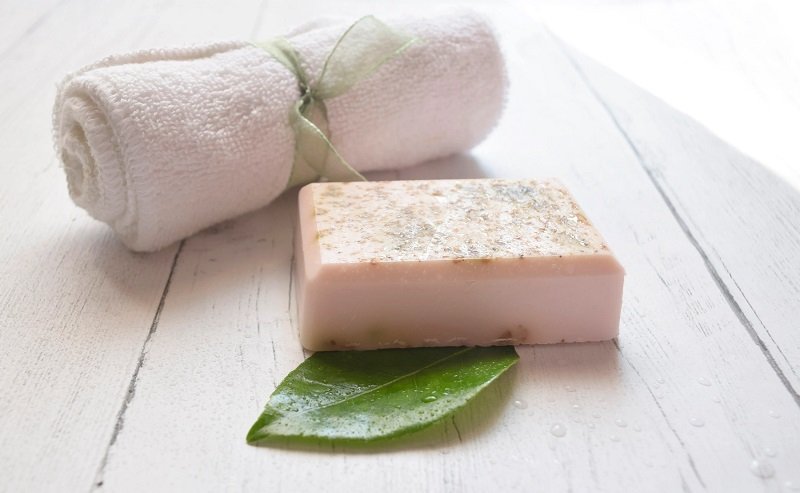
Top soap makers audit suppliers, run GC-MS tests (detect contaminants down to 1 ppm), and perform microbial assays—so each batch meets purity and performance specs.
Most labs verify oil acidity (≤ 0.5% free fatty acids) and absence of heavy metals (< 0.1 ppm).
Supplier Audits:
- ISO 9001 vs. custom audit checklists—some brands add in-house ethical criteria.
Analytical Testing:
- GC-MS (Gas Chromatography-Mass Spec): detects pesticides/heavy metals.
- HPLC (High-Performance Liquid Chromatography): measures antioxidant levels in botanicals.
Shelf-Life & Stability:
- Accelerated aging (45 °C, 75% RH) predicts 12–18 month real-world shelf life.
- Brands often add natural antioxidants (rosemary extract) to extend freshness.
Microbial Controls:
- Challenge tests ensure no yeast/mold after 28 days.
- Water-activity (a_w) kept < 0.70 to prevent spoilage.
Which Certifications and Standards Should Natural Soap Manufacturers Meet?
Top U.S. natural soap makers pursue USDA Organic (≥95% organic), NSF/ANSI 305 (≥70% organic), ISO 22716 Good Manufacturing Practices, Leaping Bunny cruelty-free, plus optional COSMOS/Ecocert for export—guaranteeing ingredient integrity, process safety, and ethical claims.
| Certification | Governing Body | Key Requirements | Audit Frequency |
|---|---|---|---|
| USDA Organic | U.S. Department of Agriculture (USDA) | ≥95% certified organic ingredients; no GMOs or petrochemicals | Annual inspections + unannounced visits |
| NSF/ANSI 305 | NSF International | ≥70% organic content; prohibits most synthetic additives | Every 2 years + interim check |
| ISO 22716 (GMP) | International Organization for Standardization | Documented quality management, hygienic facilities, personnel training | 3-year cycle with annual surveillance |
| Leaping Bunny | Coalition for Consumer Information on Cosmetics | No animal testing at any development or manufacturing stage | Annual audit of supply chain |
| COSMOS / Ecocert | Ecocert & COSMOS Standard | ≥95% natural origin; approved synthetic list; biodegradability | Annual on-site audit + supply-chain traceability |
1. Organic Thresholds & Labeling Nuances
USDA Organic (≥95%) vs. “Made with Organic” (70–95%)
- Soaps labeled “USDA Organic” must hit the 95% bar of verified organic content.
- “Made with organic ingredients” requires at least 70% organic—but can still display “organic” on the front panel.
Ingredient Counting
- Total formula weight includes water—but exclusions apply for processing aids.
- Carriers like distilled water and salt don’t count against your organic percentage.
2. Good Manufacturing Practices (ISO 22716)
Facility Controls
- Dedicated zones for raw versus finished goods to avoid cross-contamination.
- Air filtration, temperature/humidity logs, and dust control.
Documentation & Training
- Batch records, cleaning schedules, corrective action reports—all documented.
- Mandatory staff training in hygiene, allergen handling, and traceability.
3. Cruelty-Free vs. Vegan Certifications
Leaping Bunny
- Demands zero animal testing at ingredient, formulation, and finished-product stages.
- Must audit ingredient suppliers for compliance.
Vegan Society / PETA
- Goes further: no animal-derived ingredients (e.g., honey, lanolin).
- Vegan label can complement Leaping Bunny to appeal to plant-based shoppers.
4. International Standards for Global Reach
COSMOS vs. Ecocert
- COSMOS covers both “Natural” and “Organic” tiers with stricter limits on synthetics.
- Ecocert’s logo is recognized in EU markets—key if you plan to export.
NATRUE
- Another EU-backed natural cosmetics standard; slightly different approved-ingredient lists.
5. FDA & FTC Compliance
Labeling Requirements
- All ingredients must appear in INCI form (e.g., “Cocos Nucifera Oil” for coconut oil).
- No disease-treatment claims—stick to general “cleansing,” “moisturizing,” etc.
FTC Green Guides
- Outline how “natural,” “eco-friendly,” and “biodegradable” claims must be substantiated.
- Avoid vague marketing—keep documentation on hand to prove every claim.
6. Value-Add Eco-Labels
EWG Verified
- Tests ingredient safety against a strict hazard score—boosts consumer confidence.
Carbon Neutral / B Corp
- Demonstrate commitment to broader sustainability goals beyond product formulation.
By meeting—and in many cases exceeding—these certifications and standards, a U.S. natural soap manufacturer not only validates your “clean” claims but also arms you with hard proof to win shelf space and consumer trust.
How Can You Evaluate and Choose the Right Natural Soap Manufacturer for Your Brand?
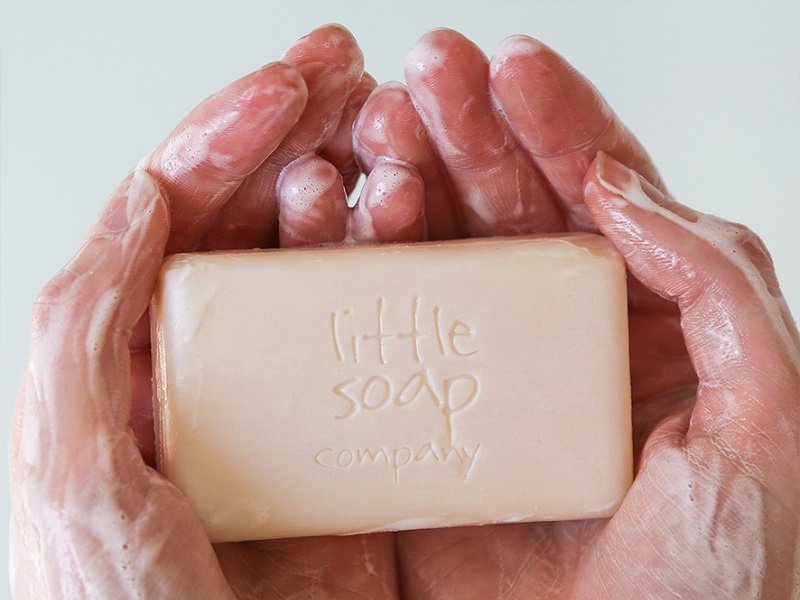
Look beyond price: tour facilities (in person or virtual), test sample kits for foam & feel, negotiate MOQs, and compare value-added services like packaging design and fulfillment.
Key comparison factors:
| Factor | What to Check |
|---|---|
| Facility Audit | Cleanrooms, cross-contamination logs |
| Sample Evaluation | Lather, scent strength, skin feel |
| MOQ Flexibility | 500–5,000 units; sliding scale pricing |
| Turnkey Services | Design, labeling, warehousing, dropship |
Virtual Tours:
- Live video walkthroughs can reveal real-time cleanliness and workflow.
Sample Scoring Rubric:
- Rate bars 1–5 on lather volume (mL), slip (subjective), after-feel hydration.
MOQ Negotiation Tips:
- Leverage competitor quotes to lower entry MOQs by 20–30%.
Hidden Costs:
- Ask about “label repro” fees, storage charges, and expedited rush fees.
Are Private Label and Custom Formulation Options Available with USA Natural Soap Manufacturers?
Absolutely. You can pick a stock bar or work with R&D teams to craft a 100% bespoke soap—choosing your oils, add-ins, colorants, and scents.
Private-label vs. Custom R&D at a glance:
| Service | Stock Formula | Custom R&D |
|---|---|---|
| Development Time | 1–2 weeks | 4–8 weeks |
| R&D Fee | $0–$500 (per variant) | $2,000–$5,000 (flat) |
| MOQ | 500–2,000 units | 1,000–5,000 units |
| IP Ownership | Manufacturer | Client (if negotiated) |
| Packaging Options | Pre-designed labels | Fully bespoke |
Flavor of the Month Bars:
- Quick-turn seasonal runs (e.g., pumpkin spice) via melt-and-pour in under 2 weeks.
Budgeting R&D:
- Rare botanicals (e.g., blue tansy) can spike costs by 30–50% per batch.
Formulation IP:
- Negotiate a “works-for-hire” clause to secure exclusive rights.
Eco-Packaging Add-Ons:
- Bamboo wrappers, compostable cartons, and water-soluble labels—ask about unit costs.
Which Top Natural Soap Manufacturers Operate in the USA in 2025?
| Manufacturer | Location | Founded | Specialty | Certifications | MOQ | Lead Time |
|---|---|---|---|---|---|---|
| Twincraft Skincare | Winooski, VT | 1972 | Triple-milled & extruded bar soaps | Leaping Bunny; ISO 22716 (GMP); RSPO | 2,000 bars | 4–6 weeks |
| Soap Distillery | Chicago, IL | 2012 | Small-batch cold-process artisanal | PETA Cruelty-Free; RSPO | 500 bars | 5–7 weeks |
| The Soap Gal | Mesa, AZ | 2009 | Cold-process bars; melt & pour; bombs | cGMP (ISO 22716); vegan options | 500–1,000 | 4–6 weeks (semi-custom); 19–24 weeks (custom) |
| Oregon Soap Company | Sherwood, OR | 1994 | Organic & eco-friendly bar & liquid | USDA Organic; Leaping Bunny; RSPO | 1,000 bars | 3–5 weeks |
| Essential Labs | Portland, OR | ~2013 | White-label bases; lotions; gels | USDA Organic; cGMP compliant; cruelty-free | 1,000 units+ | ~4 months |
Twincraft Skincare
Twincraft’s Vermont factory has been triple-milling and extruding solid cleansers since 1972. They partner with household names (Harry’s, Malin + Goetz) and offer everything from striped bars to shampoo bars—every formula goes through in-house GC-MS testing and stability runs to meet both beauty-editor expectations and mass-retail specs. Their ISO 22716-certified GMP lines and RSPO-certified palm practices keep eco-claims rock solid, and they’ll work with MOQs of around 2,000 bars decked out in your custom aesthetics.
Soap Distillery
Based in Chicago’s West Loop, Soap Distillery crafts small-batch, cocktail-inspired bar soaps with an emphasis on sustainably sourced butters and PETA-approved cruelty-free practices. With a 500-bar MOQ and a 5–7-week turnaround, they’re perfect for indie brands or hotel gift shops that want playful scents (think “Mint Mojito” or “Bourbon & Honey Whiskey”) in compostable wraps.
The Soap Gal
In Mesa, Arizona, The Soap Gal blends artisan cold-process, melt-and-pour, bath bombs, and shower steamers in a cGMP (ISO 22716) facility. Semi-custom bar formulas roll out in 4–6 weeks with MOQs as low as 500 units; fully bespoke R&D (new scents, botanicals, textures) takes 19–24 weeks. Vegan and allergen-friendly options pair nicely with their one-on-one formulation support and small-batch ethos.
Oregon Soap Company
Oregon Soap has been hand-crafting organic, plant-based bars since 1994 in Sherwood, just outside Portland. Their 27-year-old recipes use cold-pressed vegetable oils, no parabens or sulfates, and renewable-energy production. You can buy bulk unlabeled bars (MOQ ~1,000) or go fully private-label with custom scents and packaging—in just 3–5 weeks your store shelf is stocked with USDA Organic and Leaping Bunny-approved cleansers.
Essential Labs
Essential Labs in Portland designs white-label soap bases, lotions, gels, and more with USDA Organic certification, full cGMP compliance, and a cruelty-free pledge. They handle everything from raw-material sourcing to contract filling; their typical MOQ is 1,000+ units and end-to-end lead time hovers around four months—ideal if you’re rolling out a full body-care line alongside your soap.
How Do Production Processes, Minimum Order Quantities, and Lead Times Work?
Your bar’s journey hinges on process: cold-process takes longer cure but yields richer glycerin content; melt-and-pour moves fast but caps ingredient novelty.
Process, MOQ & Lead Time Snapshot:
| Process Type | Cure Time | MOQ Range | Lead Time |
|---|---|---|---|
| Cold-Process | 4–6 weeks | 500–5,000 units | 6–8 weeks |
| Hot-Process | 1–2 weeks | 1,000–3,000 units | 4–6 weeks |
| Melt-and-Pour | < 1 week | 500–2,000 units | 2–4 weeks |
Cure vs. Cost:
- Longer cure ups glycerin (skin-friendly), but ties up capital in inventory.
Seasonal Delays:
- Citrus oils can be 25% pricier/longer lead time in winter—plan ahead.
Rush Options:
- Some offer 10% rush-fee to cut lead by half—evaluate ROI if timing’s tight.
Conclusion
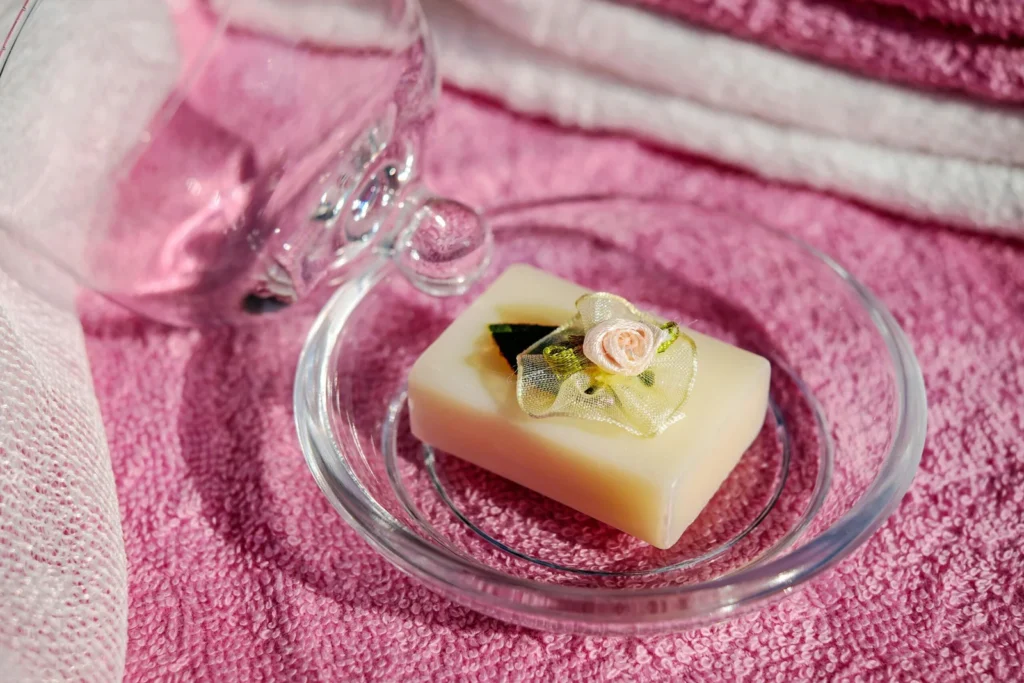
Natural soap is more than a cleansing ritual—it’s a living testament to your brand’s values, from ethical sourcing and rigorous testing to eco-friendly packaging that speaks volumes before a single lather. By choosing a U.S. manufacturer who shares your commitment to transparency, sustainability, and quality certifications, you’re not just buying bars—you’re partnering in a story that resonates with today’s conscious consumer.
Let your brand stand out with a soap that carries a compelling narrative: the creamy lather of cold-pressed oils, the peace of mind from USDA Organic and cruelty-free seals, and the tangible impact of supporting local or fair-trade growers. At Zerun Cosmetic Factory, we believe every ingredient and process detail is a chapter in that story—and we’re here to help you write the next one.
Reach out to Zerun Cosmetic Factory today for free design, free samples, and a fully custom private-label partnership. Together, let’s craft bars that clean skin—and inspire hearts.
